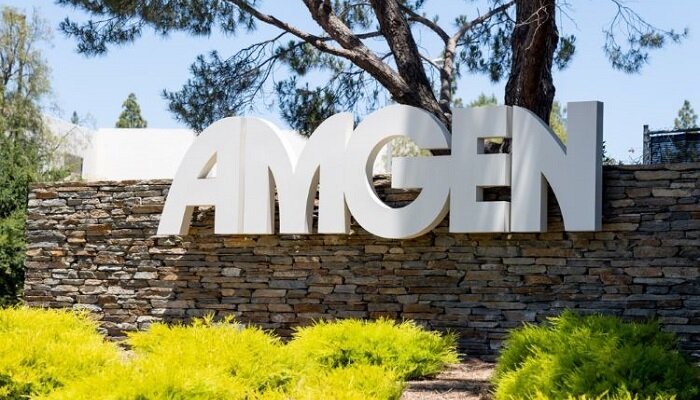As per the US Federal Trade Commission (FTC), Amgen is prohibited from using its drug portfolio to unfairly disadvantage its competitors in the industry. The biopharmaceutical company will need to obtain prior approval before acquiring related products.
The FTC has agreed with Amgen Inc. to address the potential harm to competition that could arise from Amgen’s $27.8 billion acquisition of Horizon Therapeutics plc.
Henry Liu, Director of the FTC’s Bureau of Competition, remarked that the consolidation in the pharmaceutical industry has given companies the ability and motivation to engage in practices that could lead to higher prices for essential medications, such as exclusionary rebating. The proposed resolution strongly signals that the FTC and its state partners will closely examine pharmaceutical mergers that enable such practices.
In May 2023, the FTC filed a complaint to block Amgen’s proposed transaction with Horizon Therapeutics, citing concerns that the acquisition would create barriers to entry and discourage smaller companies from competing vigorously. This marked the FTC’s first legal challenge to a pharmaceutical merger in over a decade.
Conditions outlined in the proposed consent order between Amgen and the FTC include the following:
Amgen prohibits bundling any of its products with Tepezza, a treatment for thyroid eye disease (TED), or Krystexxa, a medication for chronic refractory gout (CRG).
Amgen cannot use rebates or contract terms to unfairly exclude or disadvantage products that compete with Tepezza or Krystexxa.
Amgen cannot enter into agreements or acquire interests in businesses involved in manufacturing or selling products, biosimilars, or therapeutic equivalents for TED or CRG without prior approval from the FTC.
All other requirements in the consent order will remain in effect for 15 years after finalization.
The biotech industry’s advocacy group, Bio-Technology Innovation (BIO), has also commented on the FTC’s decision. BIO believes that the settlement will help the FTC safeguard competition while allowing rare disease patients to benefit from the pro-competitive advantages of the deal quickly.
As of the beginning of this year, a report suggested that Amgen’s planned acquisition of Horizon Therapeutics, the largest merger and acquisition (M&A) deal in the biopharmaceutical industry in 2022, signaled the industry’s readiness for substantial M&A deals in 2023. Throughout the year, this prediction has become a reality. Biogen announced its intention to acquire Reata Pharmaceuticals for $7.3 billion in July, and Novo Nordisk entered into a $1 billion acquisition agreement to pursue obesity treatments last month. In March of this year, pharmaceutical giant Pfizer announced its intention to acquire Seagen Inc., a company focused on antibody-drug conjugates (ADC) therapeutics, for a record-breaking $43 billion.
Looking ahead to the final months of 2023, it remains to be seen how the FTC’s settlement with Amgen will impact M&A deals in the pharmaceutical sector.



















